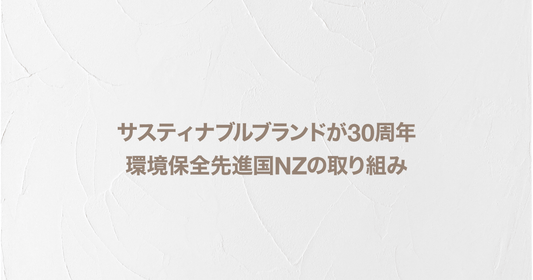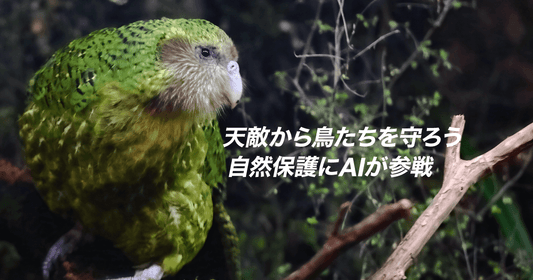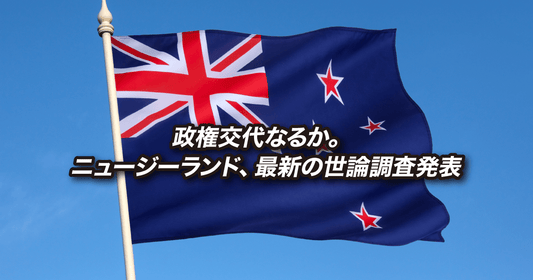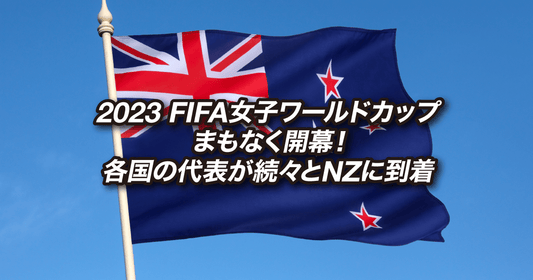
Should New Zealand change its name to Aotearoa? New Zealand's national broadcaster conducted an interesting poll.
Aotearoa is the name given to New Zealand by the indigenous Maori people.
In fact, there have been calls for New Zealand to change its flag for some time, and a national referendum was even held in 2015 and 2016. In the end, the status quo was maintained, but now the country's name is being considered.
Origin of Aotearoa
Around the 8th to 10th centuries, the Maori people of Eastern Polynesia came to New Zealand, which was an uninhabited island, and settled there. The Maori people named the area Aotearoa, mainly referring to the North Island.
It is said that the name comes from the North Island being reminiscent of a "long white cloud" (Aotearoa), but there are actually several theories about the meaning of the word Aotearoa.
Aotearoa can be broken down as Ao (cloud)/tea (white)/roa (long) or Aotea (canoe)/roa (long).
Ao can be translated as "cloud" as well as "dawn," "daytime," or "world," while tea can be translated as "white," "transparent," or "bright." roa means "long." "Long white cloud" is the most commonly known translation.
The Māori Party, a political party in New Zealand that advocates for the rights of the indigenous Māori people, launched a petition calling for the country's name to be officially changed to Aotearoa, collecting 60,000 signatures in one week.
What is the origin of the name New Zealand?
So why is New Zealand called New Zealand in the first place? When I first came to New Zealand to study, I was asked jokingly, "Is it New Zealand?" But actually, that's almost right!
The first European to "discover" New Zealand was Abel Tasman, a Dutch explorer. In 1642, Tasman discovered New Zealand and attempted to land there to stock up on food and drink, but he was spotted by the Maori and gave up after a fight. Tasman named the area Nieuw Zeeland after his hometown, Zeeland in the Netherlands. (Nieuw is New in Old Dutch). Later, in 1645, a Dutch cartographer changed the name to Nova Zeelandia, which is how the modern-day New Zealand came to be.
More than 100 years after Tasman's discovery, British maritime explorer James Cook became the first European to land in New Zealand.
What are the results of the opinion poll on changing the country's name?
Currently, more than 70% of New Zealand's population is of European descent, and about 17% are Maori, but Maori is one of New Zealand's official languages, along with English and sign language. In public facilities, the names of facilities are written in both English and Maori, and Maori can be seen everywhere. The New Zealand national anthem is also sung in Maori first, followed by English.
However, as you know, the country's name is only New Zealand and English. In response, the Maori Party argues that "New Zealand is not in Europe, it is in the Pacific Ocean, and it is Aotearoa."
A poll conducted by the national broadcaster on what the country's official name should be showed that 58% wanted to keep it as it is - New Zealand - and 41% wanted Aotearoa or Aotearoa New Zealand.
Of the 41% who thought the name should be changed, 9% said the country should officially be named Aotearoa, and 31% said it should be either Aotearoa New Zealand or both Māori and English.
By the way, New Zealand Prime Minister Jacinda Ardern has commented that Aotearoa New Zealand is preferable.
The Maori Party has expressed its intention to have all place and city names in New Zealand returned to Maori by 2026, so future developments will be closely watched.
By the way, New Zealand is currently a mixture of English and Maori in different places, but the longest place name is in Hawke's Bay.
"We will continue to work hard to achieve our goal, and we will continue to work hard to achieve it."
What does it mean?
“the place where Tamatea, the man with the big knees, who slid, climbed and swallowed mountains, known as 'landeater', played his flute to his loved one”
"The place where the man with the big knees, who slid, climbed and swallowed the mountains, the Land Eater, played the flute for his loved one."
This is one place name! (The sign at the site has no spaces between the words.)
The flag ended up not being changed, but what will happen to the country's name?





